How to Get Better Quality Sleep: Tips and Strategies for Improving Your Sleep Habits
Do you find yourself tossing and turning at night, struggling to fall asleep or stay asleep? You're not alone. In today's fast-paced world, many of us have trouble winding down and getting the quality sleep we need. Whether it's due to stress and anxiety, poor sleep hygiene, or exposure to blue light from electronic devices, the effects of poor sleep can be far-reaching. In this post, we'll explore the latest research on the causes of sleep difficulties and provide you with some practical tips and strategies for getting the restful sleep your body and mind deserve.
What Is a
Good Quality Sleep?
Good quality sleep refers to getting the right amount of sleep that is restful and rejuvenating, allowing us to wake up feeling refreshed and alert. It typically involves cycling through the different stages of sleep, including light sleep, deep sleep, and REM (rapid eye movement) sleep. Sleep occurs in cycles and is divided into four stages, each with its own unique characteristics. Stage 1 and 2 sleep are considered light sleep, while stages 3 and 4 are deep sleep, which is the most restorative stage.
During light sleep, our body temperature drops, our breathing and heart rate slow down, and our muscles relax. This stage of sleep is important for physical and mental relaxation, and for preparing our body for deeper sleep stages. Deep sleep is the most restorative stage of sleep, during which our body repairs and regenerates tissues, strengthens the immune system, and consolidates memories and learning. REM sleep is when we dream, and it is important for emotional regulation, memory consolidation, and learning.
Understanding the Importance of Quality Sleep
In
addition, good quality sleep is important for cognitive function and memory
consolidation. A study published in the journal Nature Neuroscience found that
sleep helps consolidate memories and enhances learning and problem-solving
abilities. Another study published in the Journal of Sleep Research found that
getting enough sleep and high-quality sleep was associated with better
performance on cognitive tasks.
Sleep deprivation can lead to a range of negative health effects, such as decreased cognitive function, impaired immune system, and increased risk of chronic diseases.
There are
several factors that can impact the quality of your sleep. Caffeine, alcohol,
and nicotine can interfere with sleep quality, as can exposure to blue light
from electronic devices. Environmental factors such as noise and temperature can
also disrupt sleep.
One common cause is stress and anxiety, which can make it hard to fall asleep and stay asleep. A study published in the Journal of Psychiatric Research found that people with high levels of stress and anxiety were more likely to experience sleep disturbances. Another factor that can affect sleep is exposure to blue light from electronic devices. Research has shown that exposure to blue light can suppress melatonin production, making it harder to fall asleep.
Tips for Getting Better Sleep
Stick to a
sleep schedule: Going to bed and waking up at the same time every day can help
regulate your body's internal clock and improve the quality of your sleep. Dr.
Neomi Shah, a sleep specialist at Mount Sinai, says, "Your body gets into
a rhythm when you go to bed and wake up at the same time every day, and it
knows when to start winding down for sleep."
Create a relaxing bedtime routine: Activities such as taking a warm bath, reading a book, or practicing relaxation techniques like deep breathing or meditation can help you wind down and prepare for sleep.
Dr. Meir Kryger, a sleep specialist at Yale University, advises, "Do something calming and relaxing before bed, like reading a book or listening to music, and avoid things that can stimulate your brain, like checking email or watching TV."
Check out this music video to help you to sleep.....
Create a sleep-conducive environment: A comfortable mattress, cozy bedding, and a cool, quiet, and dark environment can help promote better sleep.
Limit daytime naps: While short naps can be beneficial, longer naps during the day can interfere with nighttime sleep. Dr. Rafael Pelayo, a sleep specialist at Stanford University, says, "Naps that are too long or taken too close to bedtime can interfere with your ability to fall asleep or stay asleep at night."
Limit exposure to electronics before bedtime: The blue light emitted by electronic devices such as smartphones, tablets, and computers can disrupt the body's natural sleep-wake cycle. Dr. Charles Czeisler, a sleep specialist at Harvard Medical School, advises, "Avoid exposure to electronic devices for at least an hour before bedtime, as they can interfere with the production of the hormone melatonin, which is important for regulating sleep."
Avoid heavy meal at late hours. Avoiding eating too late and too much can also play a key role in improving the quality of your sleep. According to a study published in the journal Nutrients, "eating a large meal or a meal high in fat or protein late at night can negatively impact sleep quality and increase the risk of sleep disorders."
By incorporating these tips into your routine, you can improve the quality of your sleep and reap the benefits of restful, rejuvenating rest.
Use of Medication
While
medication can be effective in treating sleep problems, it should be considered
a last resort and used only under the guidance of a healthcare professional.
According to Dr. Michael Breus, a sleep specialist and author,
"Medications for sleep should be used with caution, as they can have side
effects, be habit-forming, and lose their effectiveness over time."
Additionally, some sleep medications can cause drowsiness and impaired
coordination, which can be dangerous if they are taken at the wrong time or in
the wrong dose.
That being said, there are situations where medication can be a useful tool for improving sleep, particularly in cases of severe sleep disturbance or insomnia that has not responded to other treatments. Dr. Lawrence Epstein, a sleep specialist and medical director of the Sleep Health Centers at Brigham and Women's Hospital, explains, "Sleep medication can be an effective short-term solution for people who are experiencing acute insomnia, but it should be used only for a limited time and under close supervision."
If you are considering using medication to help with sleep, it's important to talk to your doctor about the risks and benefits, and to weigh the potential benefits against any potential side effects or risks. Additionally, it's important to remember that medication should not be viewed as a long-term solution, and that lifestyle changes and behavioral interventions should still be prioritized as the first line of treatment for sleep problems.
Conclusion
Getting quality sleep is an essential part of maintaining good health and wellbeing. By prioritizing healthy sleep habits and making simple lifestyle changes, you can improve the quantity and quality of your sleep, leading to better physical, emotional, and cognitive functioning. Remember to establish a consistent sleep schedule, create a relaxing sleep environment, limit technology use before bedtime, exercise regularly, and avoid eating too late and too much. While medication may be an option for some, it's important to consider it a last resort and to seek guidance from a healthcare professional. By making these changes and prioritizing your sleep, you can enjoy the many benefits of a good night's rest. Here is a quick recap of 10 tips for you....

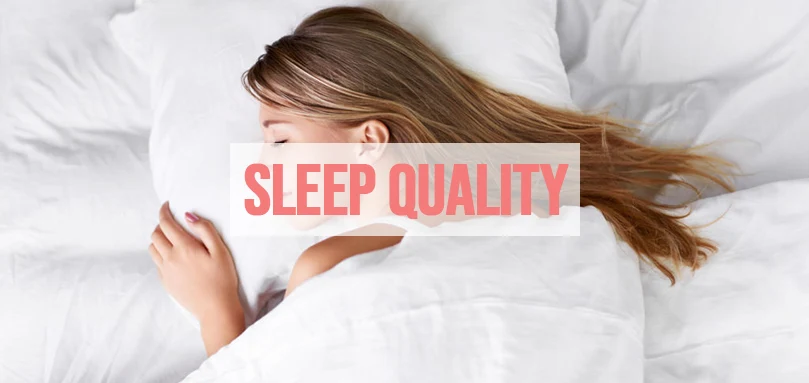

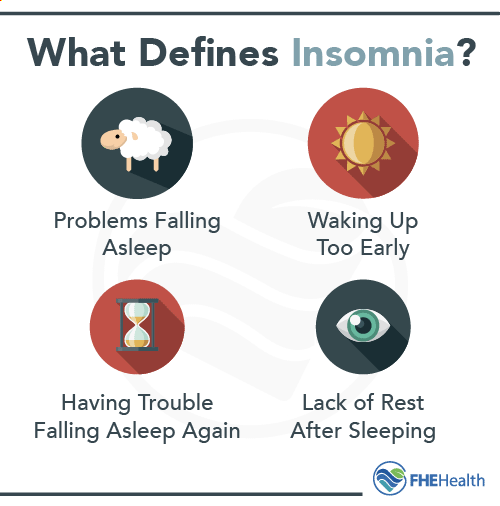
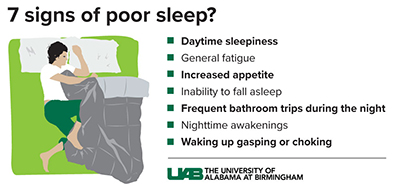
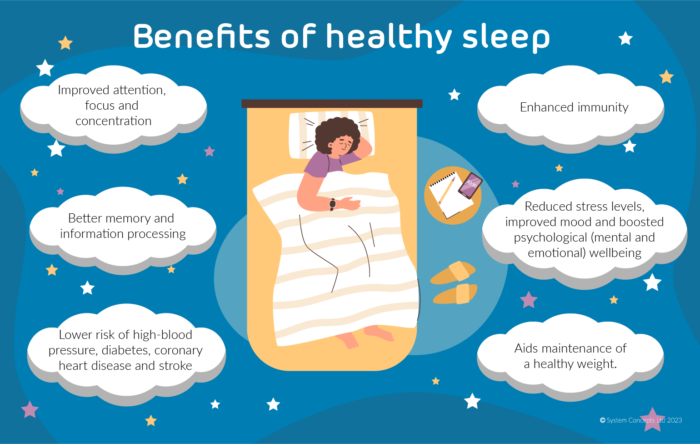
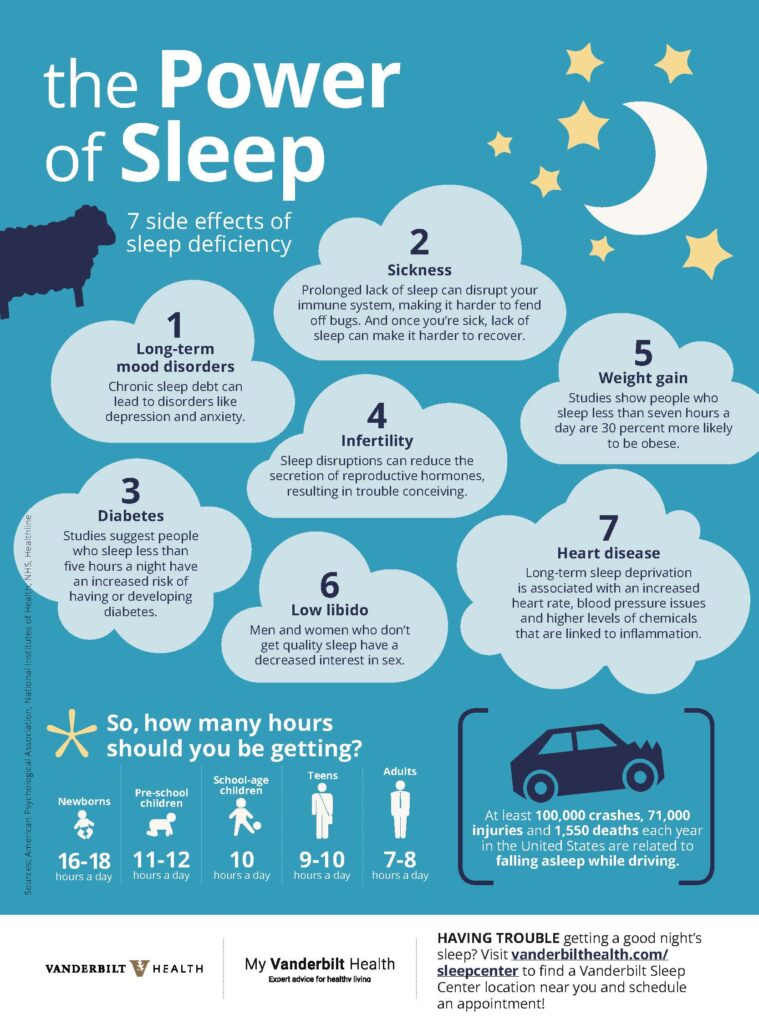

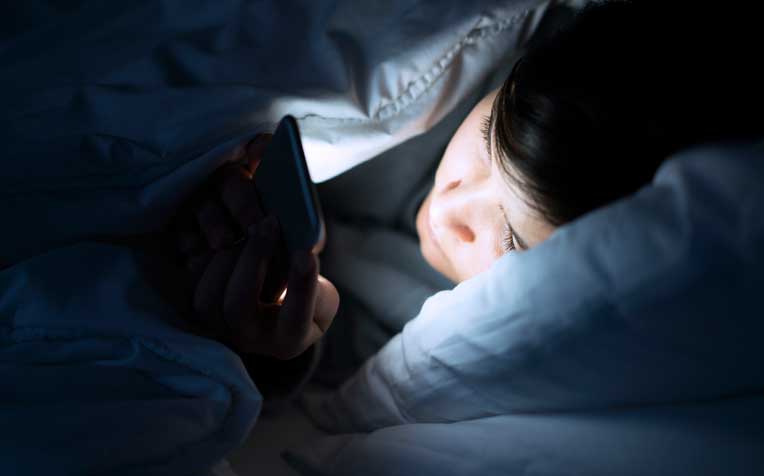
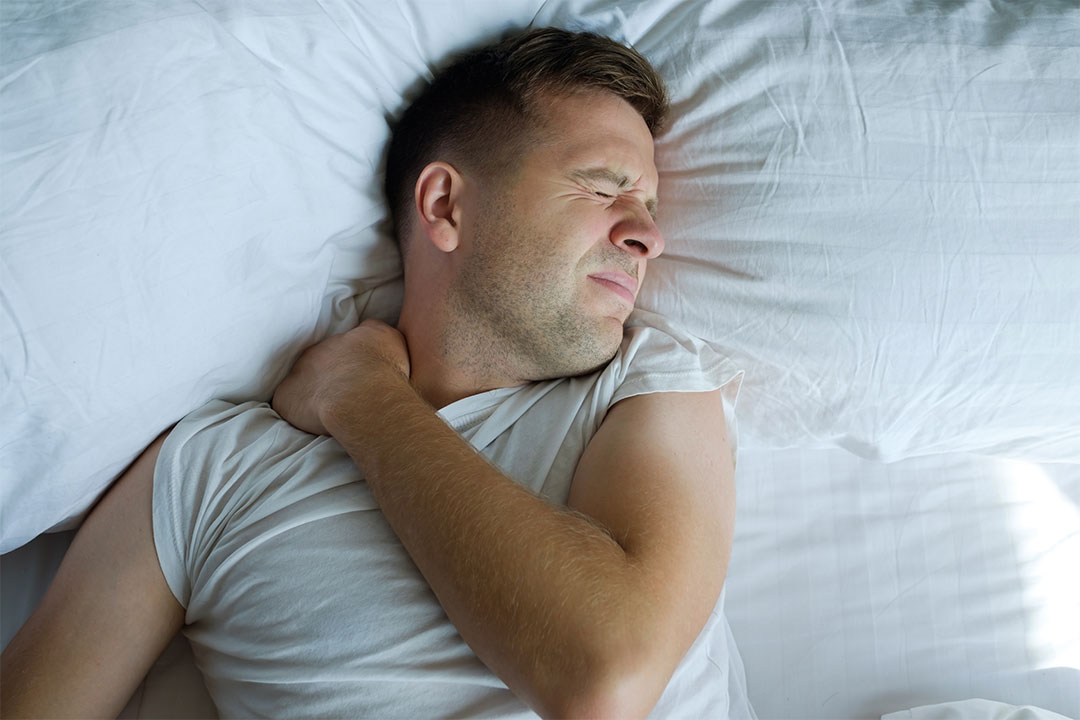


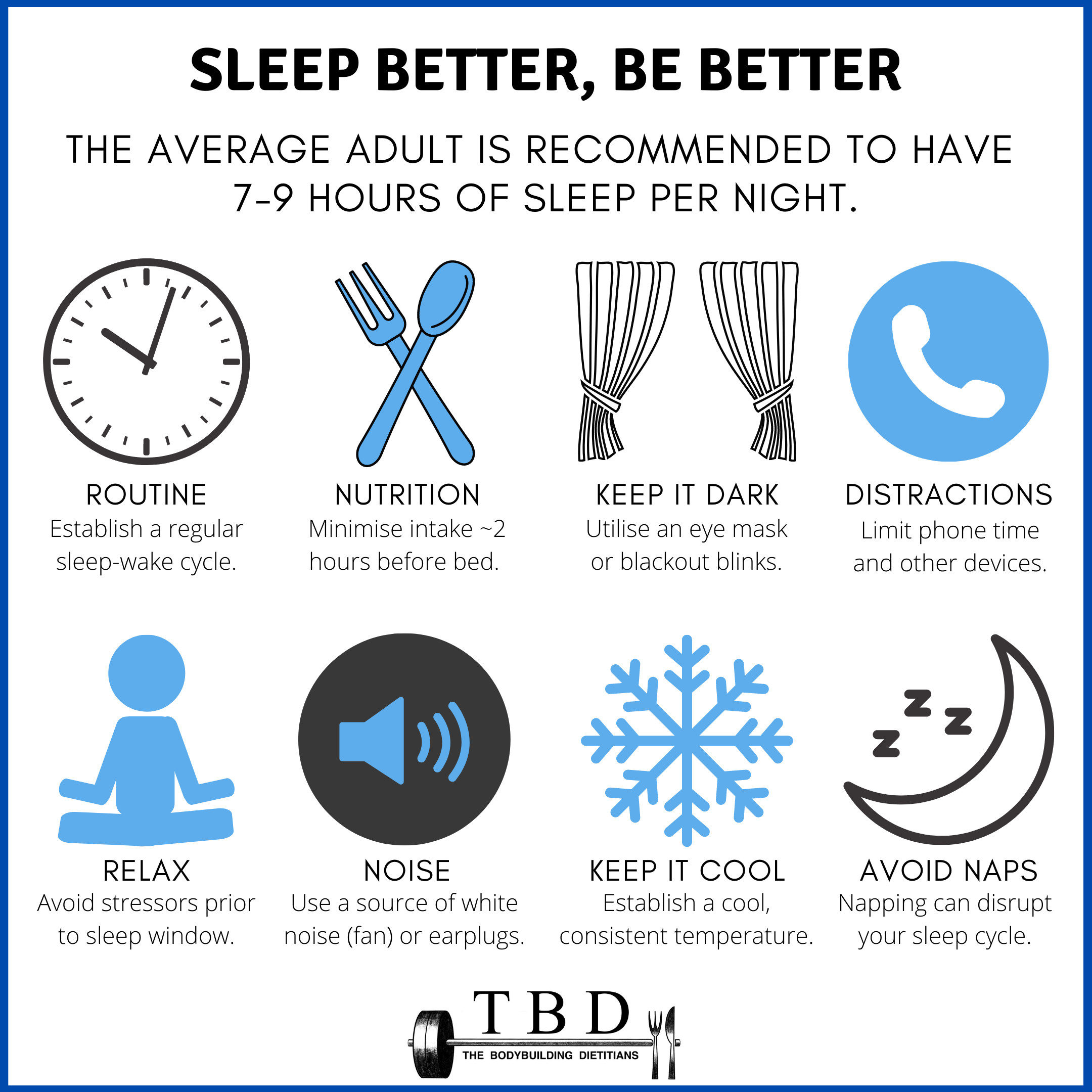







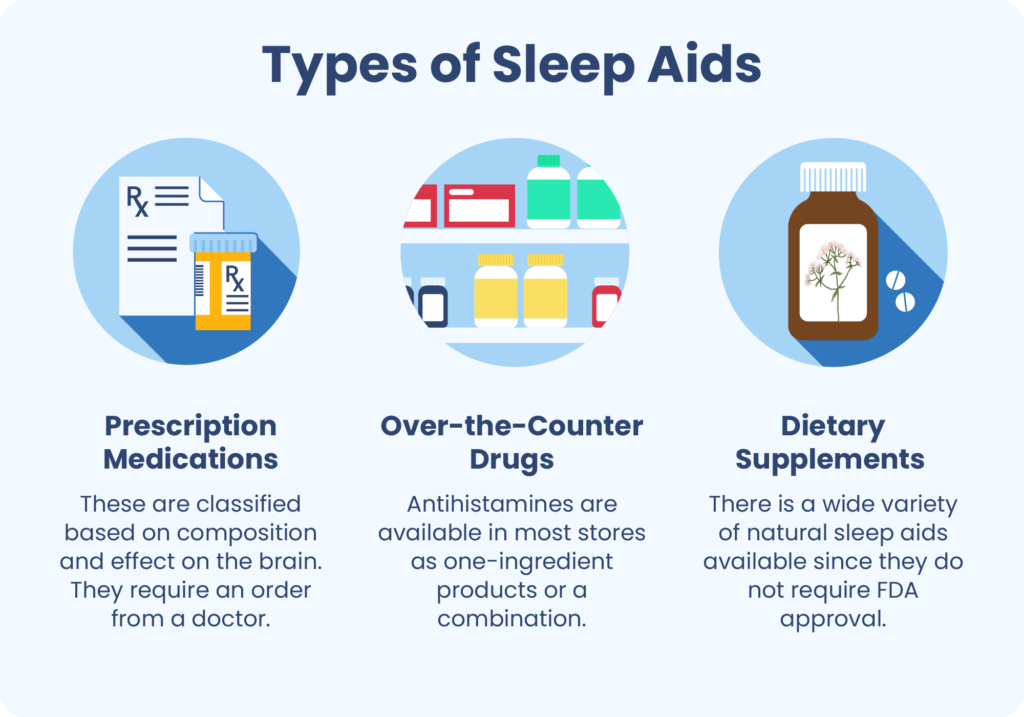

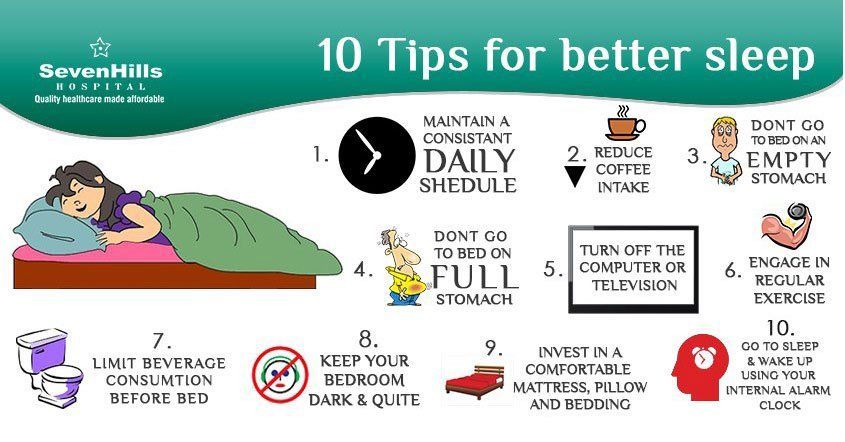
Comments
Post a Comment